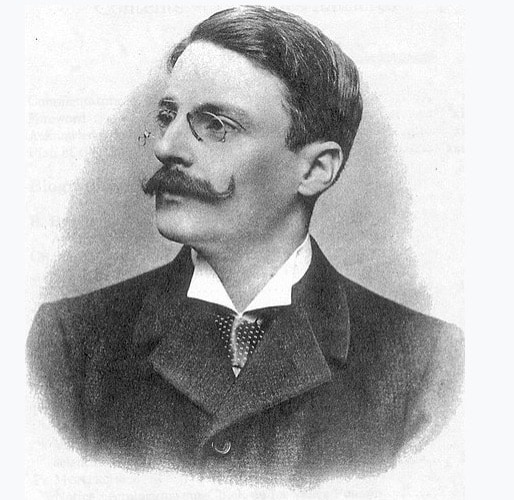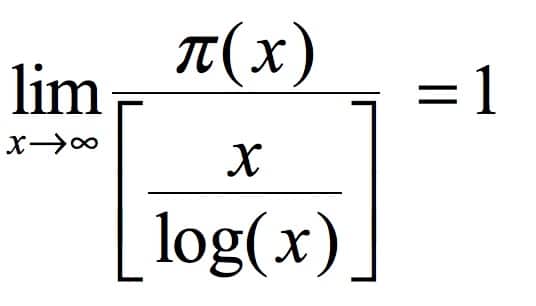
Charles de la Vallée Poussin was born on August 14, 1866, in Leuven, Belgium. Born into a family of scholars, he was exposed to mathematics from an early age, and eventually enrolled at the Catholic University of Leuven. He obtained his doctorate in physics and mathematics in 1889 under the supervision of Belgian mathematician Eugène Charles Catalan. Two years later, at age 25, he became an assistant professor in mathematical analysis. In 1893, Louis Claude Gilbert (one of Charles’ former teachers) died unexpectedly at the age of 26, and Vallée Poussin was promoted to Gilbert’s chair.
During his tenure at the Catholic University of Leuven, Charles conducted research on differential equations and number theory, and in 1896 he discovered, the prime number theorem independently of co-discoverer Jacques Hadamard. The prime number theorem asserts that if π(x) denotes the number of primes less than or equal to x, then as x becomes very large, π(x) becomes close in value to x/log(x).

In 1905 de la Vallée Poussin was awarded the Decennial Prize for Pure Mathematics. When Germany invaded Belgium In August 1914, he escaped to the United States where he received an appointment at Harvard University. After the end of World War I de la Vallée Poussin returned to Europe and traveled extensively giving lectures on mathematics. His textbooks containing his courses in mathematical analysis became a standard reference for students providing a comprehensive treatment of the approximation of functions by polynomials.
Shortly after injuring his shoulder, Charles de la Vallée Poussin died in Uccle, Belgium on March 2, 1962 at the age of 95.
